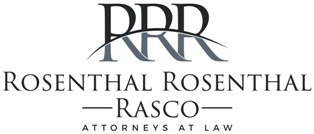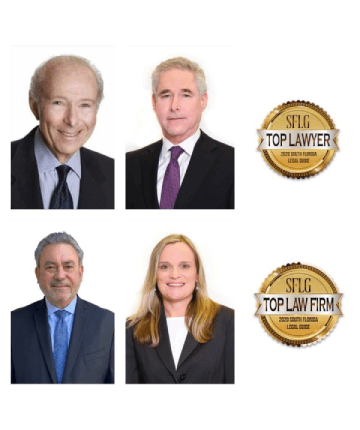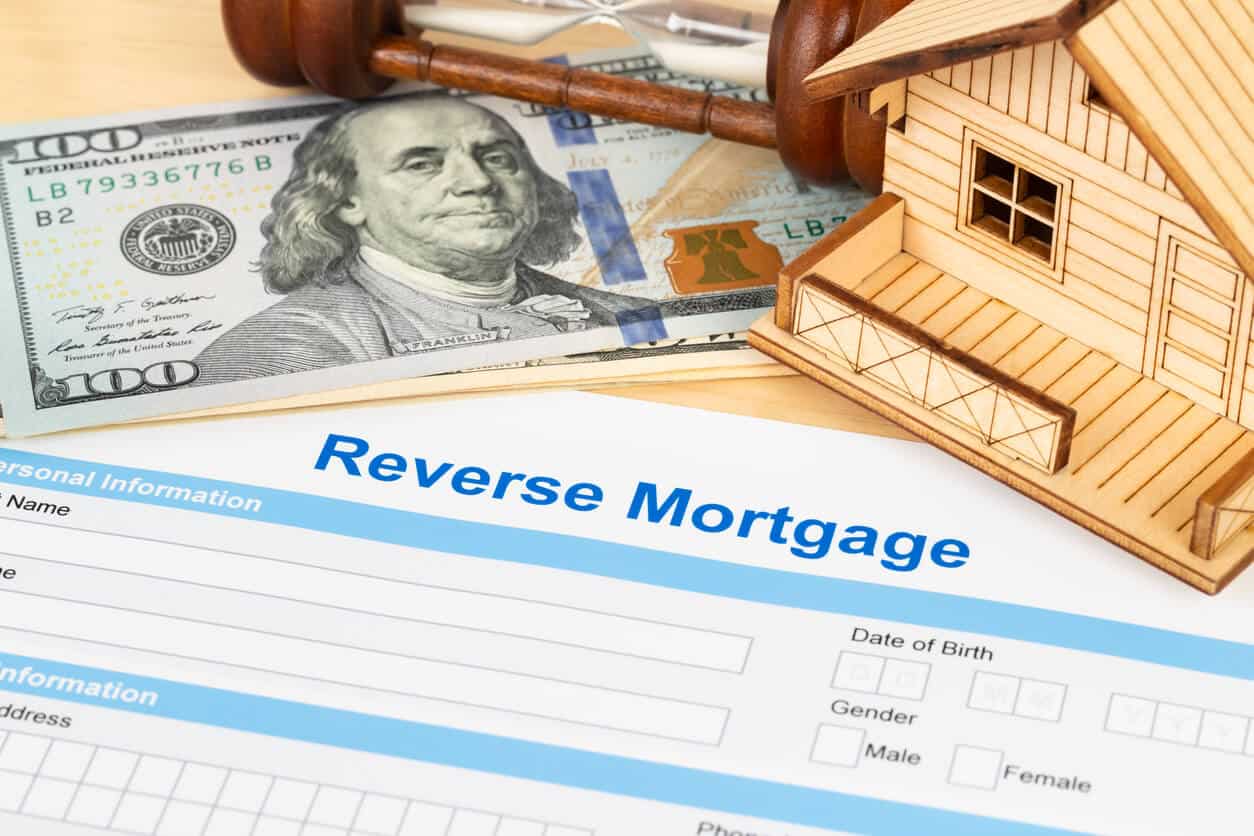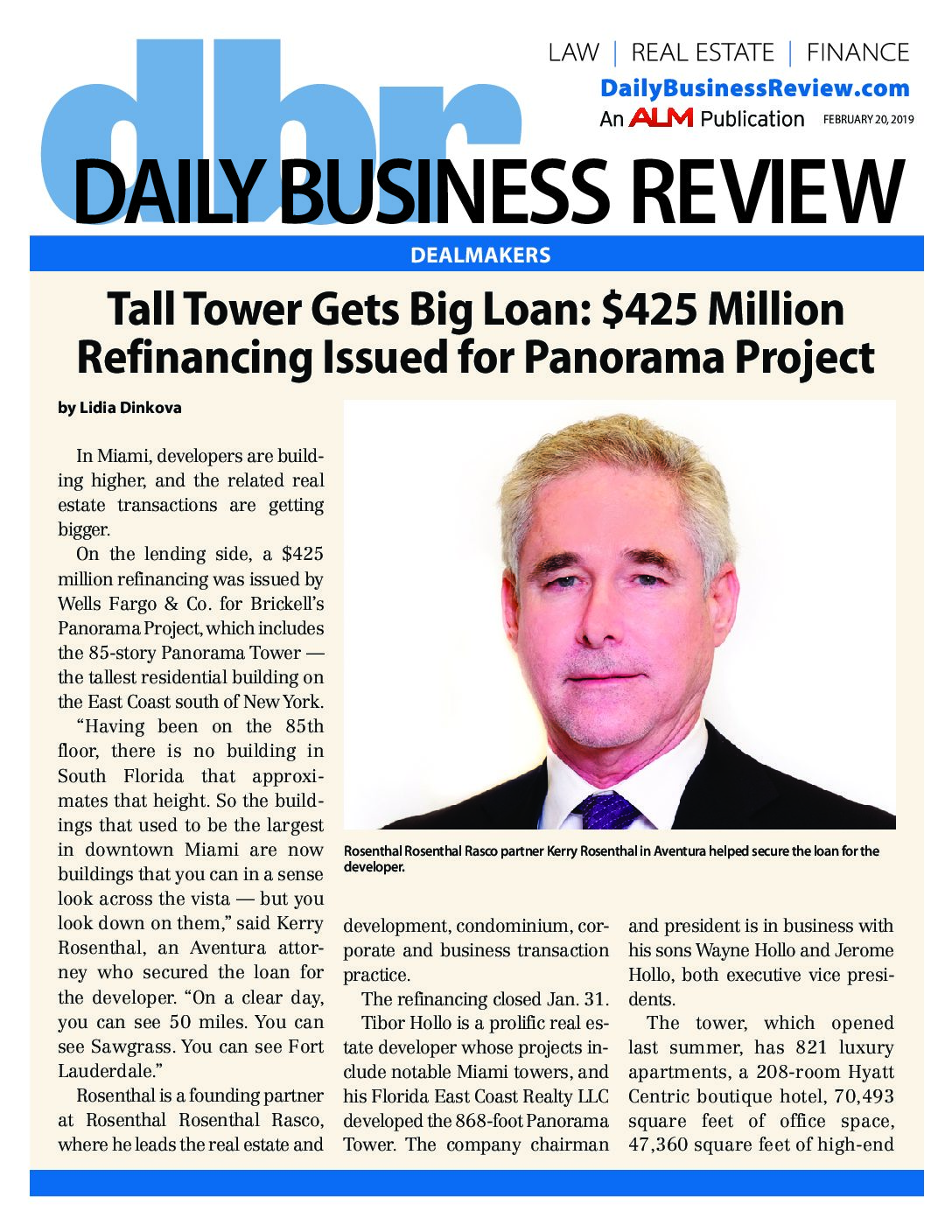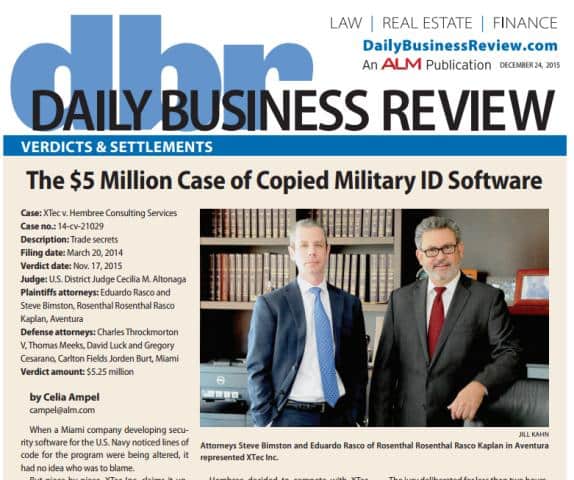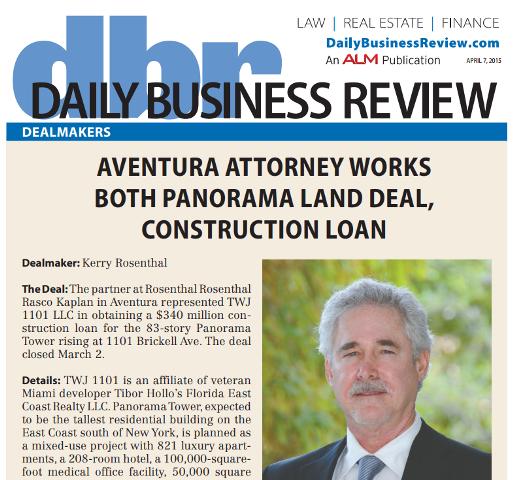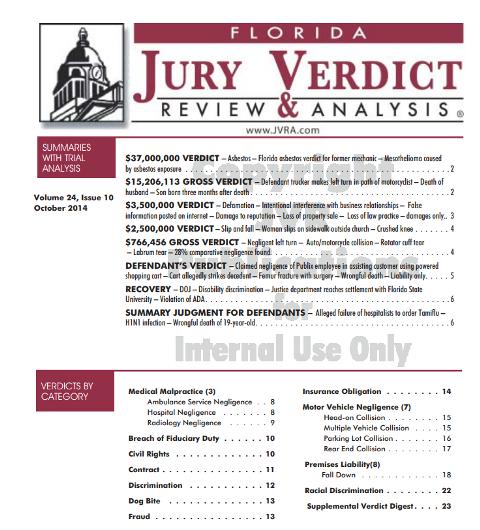Eduardo Rasco Recognized by Florida Super Lawyers
Super Lawyers has selected Eduardo I. Rasco, founder and partner at Rosenthal Rosenthal Rasco “RRR,” to its 2020 Florida Super Lawyers list.
Each year, less than five percent of lawyers in the state of Florida are recognized in Super Lawyers. The honorees are selected based on a patented multiphase process that includes a statewide survey of lawyers, an independent research evaluation of candidates and peer reviews by practice area.
Rasco heads up the Firm’s Litigation Department where he handles complex litigation in State Court and Federal District Court representing financial institutions, real estate developers, investors, real estate brokers, shareholders, partnerships, corporations, and other businesses interests before, during and after a lawsuit is filed. Rasco litigates cases throughout the country at the trial and appellate level.
ABOUT ROSENTHAL ROSENTHAL RASCO
Rosenthal Rosenthal Rasco “RRR” is a boutique law firm committed to providing its clients with knowledgeable, responsive and cost-effective representation. Its active Real Estate practice represents developers, investors, lenders, business users, and residential sellers and purchasers in the acquisition, development, financing, sale and leasing of real estate. The Firm’s Business and Real Estate Litigation department provides creative solutions to complex issues faced by litigants embroiled in business and real property disputes. Its state and federal litigation practice represents clients at both the trial and appellate levels in business disputes, contract claims, real estate litigation, landlord/tenant matters, brokerage disputes, condominium litigation, probate and guardianship litigation, class actions, banking litigation, arbitration consumer protection and collections. Based in South Florida and recognized for its deep experience and counsel, RRR provides services to clients with business activities and litigation throughout the country and abroad. For more information, please visit www.RRRLaw.com.
